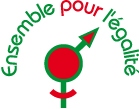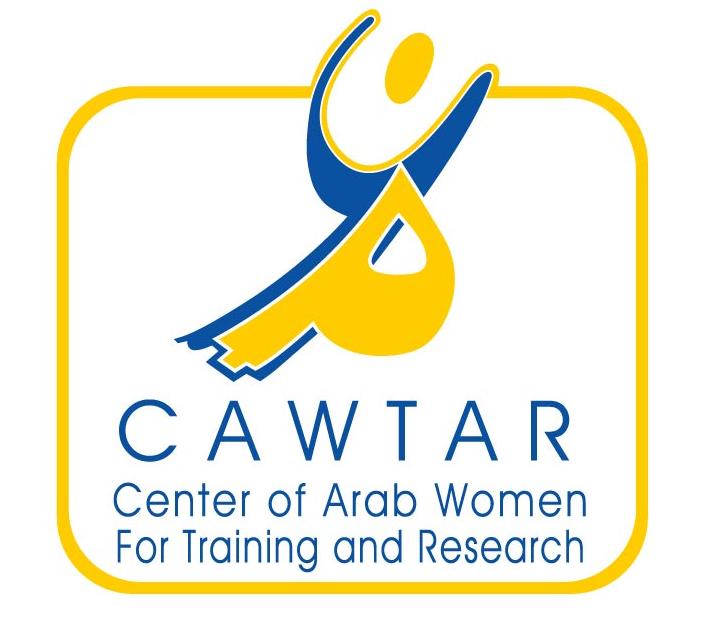Women’s political participation in Morocco, Algeria and Tunisia


The United Nations-INSTRAW (UN-INSTRAW) and the Centre for Arab Women Training and Research (CAWTAR) have initiated a project on “Strengthening women’s leadership and participation in politics and decision-making in Algeria , Morocco and Tunisia “, financed by the Government of Spain.
Participation of women in politics
| Country |
Lower or single house |
|||
| Elections |
Seats |
Women | % | |
| Tunisia | 2004 | 189 | 43 | 22.8% |
| Morocco | 2007 | 325 | 34 | 10.5% |
| Algeria | 2007 | 389 | 30 | 7.7% |
| Upper house or senate | ||||
| Tunisia | 2005 | 111 | 17 | 15.3% |
| Morocco | 2006 | 270 | 3 | 1.1% |
| Algeria | 2006 | 136 | 4 | 2.9% |
Source: Inter Parliamentary Union (http://www.ipu.org/wmn-f/world.htm) 2007
The participation of women in politics and decision-making is one of the central areas of focus of the Fourth World Conference on Women (1995), reaffirmed in 2000 by the Millenium Development Goals (MDGs) through Goal #3 “Promote Gender Equality and Empower Women” and its target 3.3. “Proportion of seats held by women in national parliament.” In the Tunis Declaration of the Arab Summit held in May 2004, Arab State leaders expressed their commitment to “…widening women’s participation in the political, economic, social, cultural and educational fields and reinforcing their rights and status in society.” In addition, the Organization of African Unity (OAU) and the New Partnership for Africa’s Development (NEPAD) work towards strengthening women’s political leadership and their participation in political decision-making bodies to at least 30% of representatives.
In spite of these efforts and the progress achieved in recent years, the substantive participation of women in political life is still limited.
The same reality exists at the local level, with significant differences between countries. Whereas in Morocco only 0.55% of elected municipal representatives are women (2003), in Algeria women made up 8.26% of representatives (2002-2007) and in Tunisia they reached 27% (2005-2008).
Within the context described above, the UN-INSTRAW/CAWTAR project aims to mobilize women and men from different sectors – government, civil society, political parties, academia and the media – in order to support a participatory dialogue on the project’s main issues, taking into account the unique context of this Arab sub-region as well as the specific circumstances in each of the project countries.
Project priorities
The project prioritizes research and analysis, capacity-building, communication and advocacy in the following ways:
(i) building a more in-depth understanding of the status, obstacles, challenges and opportunities for women’s leadership and their participation in politics and decision-making at the local, national and sub-regional levels;
(ii) strengthening the capacity of the main actors in political and decision-making processes through the exchange of information and good practices;
(iii) creating policy dialogue among key stakeholders on the project’s main issues in order to support awareness and integration of gender issues in development processes.
It’s important to note that communication – in particular the representation of women in politics through media in Algeria, Morocco and Tunisia – constitutes a cross-cutting priority at all phases and levels of the project.
Women politicians heading electoral lists in Tunisian legislative election speak of their political experiences
Do you want to know more about the work of Tunisian women politicians?
Are you curious to know what they think of their political competition and the media?
You can now explore these questions by watching the video interviews of seven women who headed the electoral lists of their respective parties in the last Tunisian legislative elections held in November 2009. Filmed during the electoral campaign, this innovative video initiative launched by UN-INSTRAW & CAWTAR has as its goal to share experiences around women’s political engagement. In addition to being a tool for political communication, these videos also servea didactic purpose in allowing one to observe in detail political action taking place on the ground. With a duration of 12 minutes each, the videos have been filmed in Arabic and subtitled in English.
We invite you to access the videos on our website by clicking here.
More information (French and Arabic)
Other contacts
P.O. BOX nr.105
1003 Cité El Khadra
Tunis- Tunisie
Tel: +216 (0)71 792 298
Fax: +216 (0)71 780 002
E-mail : gdepaoli@un-instraw.org wpp@cawtar.org
Website link: http://www.un-instraw.org/en/ggpp/maghreb-project/maghreb-project-2.html
http://www.un-instraw.org
Website of CAWTAR: http://www.cawtar.org
See also
- United Nations-INSTRAW
- Center of Arab Women for Training and Research
- Women in Government (WIG, United States of America)
- Women's Political Empowerment


